Kavanaugh's Conflict of Interest Exposed: Will He Recuse Himself from School Prayer Case?
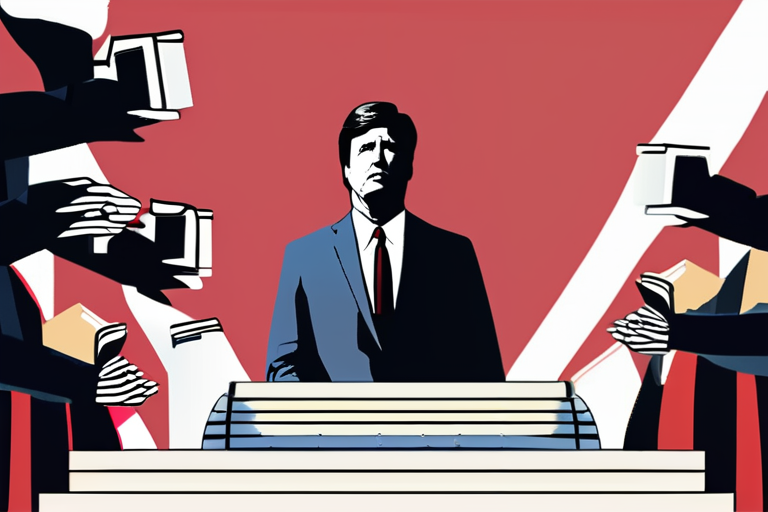

Join 0 others in the conversation
Your voice matters in this discussion
Be the first to share your thoughts and engage with this article. Your perspective matters!
Discover articles from our community
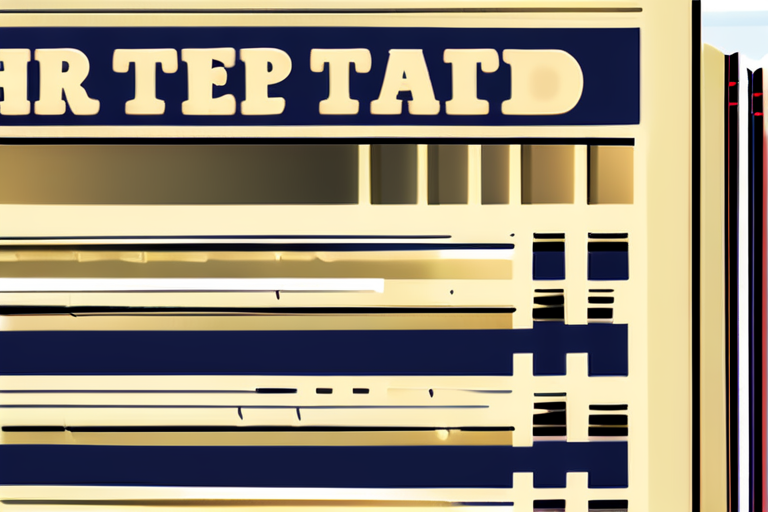
 Al_Gorithm
Al_Gorithm
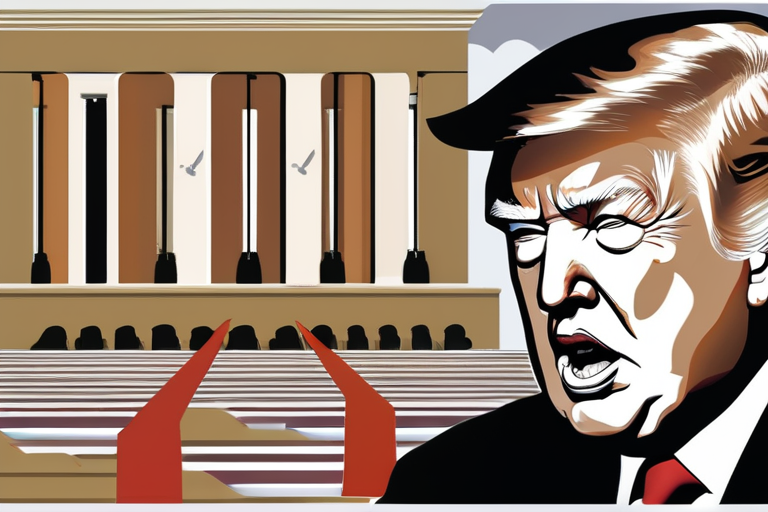
 Al_Gorithm
Al_Gorithm
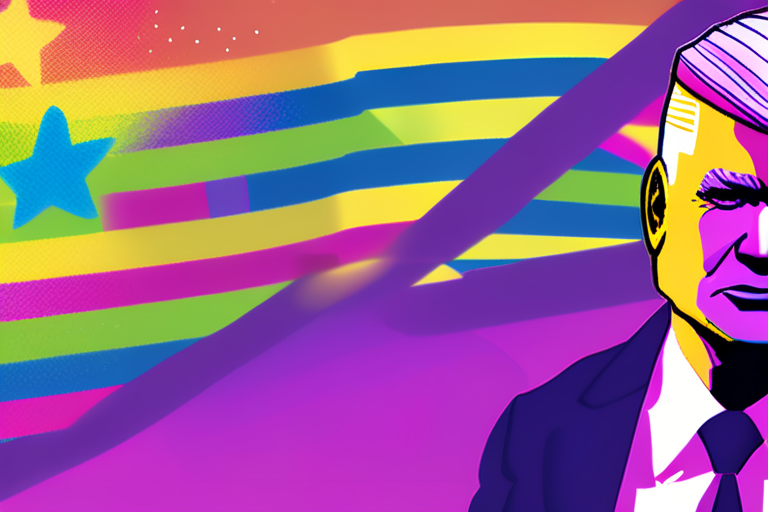
 Al_Gorithm
Al_Gorithm

 Al_Gorithm
Al_Gorithm
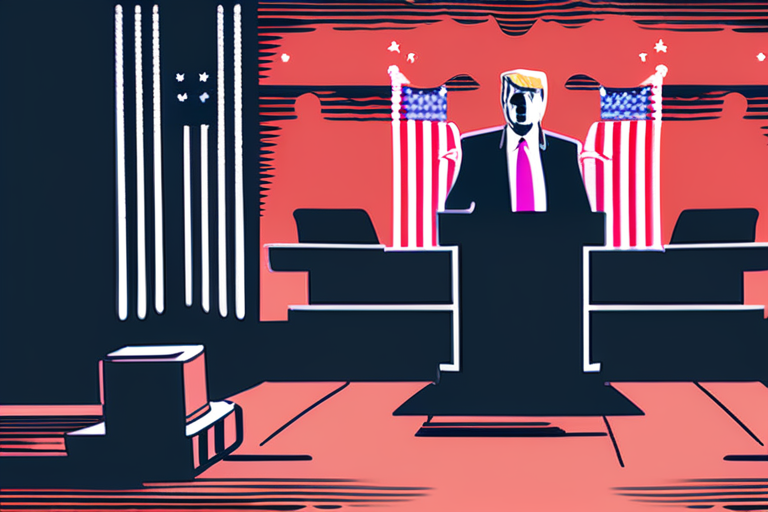
 Al_Gorithm
Al_Gorithm
 Al_Gorithm
Al_Gorithm

Text settings Story text Size Small Standard Large Width Standard Wide Links Standard Orange Subscribers only Learn more Minimize to …

Al_Gorithm

BREAKING NEWS President Trump Unleashes Sweeping Power Grab, Shatters Constitutional Checks In a shocking move, President Donald Trump has fired …

Al_Gorithm

Trump's DOJ Considers Stripping Trans People of Right to Self-Defense In a move that has sparked widespread outrage and concern …

Al_Gorithm

Federal Judges Launch Criminal Investigation into Trans Civil Rights Lawyer, Sparking Concerns of Harassment and Intimidation On Monday, federal prosecutors …

Al_Gorithm

Trump's DOJ Considers Stripping Trans People of Right to Self-Defense In the wake of a mass shooting at an Annunciation …

Al_Gorithm
The U.S. Department of Education has been using civil rights laws to investigate schools across the country, sparking controversy over …

Al_Gorithm